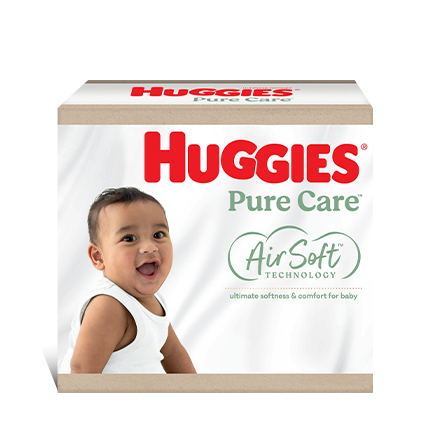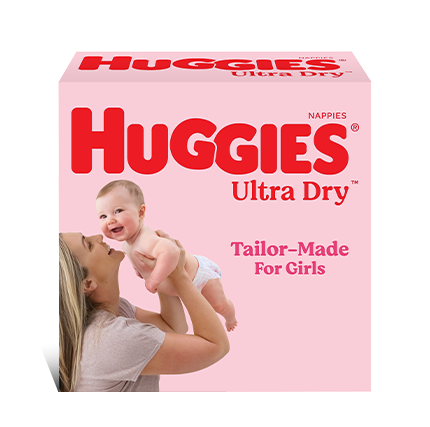You and your baby may not have gotten your full 9 months, the birth plan went out the window, the celebrations of birth missing and you must now experience the rollercoaster ride of ups and downs, setbacks and triumphs, which very well could be one of the greatest life challenges you ever face.
Parents of NICU/SCN babies often feel a sense of loss, guilt, regret and distress about how their baby came into the world. Many deliveries resulting in NICU/SCN admission are traumatic ones, and not how we planned or imagined having our baby to be.
Some common feelings:
- Loss at not being ready to not be pregnant any more
- Loss and regret that you and your baby didn’t get your full 9 months
- Guilt that you didn’t carry your baby to term
- Guilt that your baby has a congenital abnormality or problems resulting from labour and delivery
- Loss and regret at not having the birth you had planned or wanted
- Trauma and distress at what you went through during labour and delivery
- Loss of the celebrations related to birth
- The loss associated with not having photos or footage of your baby’s birth or straight after birth
- The loss of not getting that first hold straight after birth
These are all normal feelings. It can help to talk or write about your experience, talk to parents who have been through similar experiences, talk to a qualified counsellor/social worker or psychologist, bond with your baby, celebrate milestones in the NICU/SCN, take lots of photos, and focus on the positives.
Having your baby stay in the NICU or SCN can be a very stressful, emotional and traumatic time for baby and parents. You are meant to be celebrating the birth of your baby but must experience a rollercoaster ride of emotions and the new experiences of having a premature or sick newborn. You are probably experiencing a range of emotions and feelings like:
- sadness
- disappointment
- numbness
- anger
- powerlessness
- grief
- loss
- anxiety
- overwhelmed
- blame *
- fear
- guilt
- isolation
- loneliness
Understand that these feelings are normal. Hopefully the knowledge that what you are feeling is common to most NICU/SCN parents gives you some comfort or relief and helps you to know that you are not alone.
One of the most difficult things about these emotions is that you may also be experiencing feelings of happiness, love and joy. These contradicting feelings and emotions can be very confusing and exhausting. You are happy to see your baby, but not happy that they are here like this. You feel joy when they make progress but are still saddened by what they are going through and the struggles they still face. Take and experience each emotion as it comes. Don’t feel guilty or silly about how you are feeling. Your feelings are valid and you do not have to explain or justify them to anyone.
If you feel that your emotions are overwhelming you, seek professional help.
Parent Participation
Having a premature or sick newborn in hospital is a very emotional and stressful time. Parents often feel powerless, intimidated and controlled. They find themselves in a new environment where others have the primary role of caring for their baby. The NICU and SCN are foreign places to most, with new people, machines, wires, terminology to learn, and rules and regulations. Some parents find it hard to bond with their baby in such restrictive and difficult circumstances. Following are some ways that parents can take on a more active role with their baby, hopefully helping with the bonding process and helping them feel more like parents rather than observers.
Voice – Talk to and/or sing to your baby. Your baby will know your voice and be comforted by it.
Touch – If it is appropriate to do so, stroke and touch your baby. Hold your baby whenever the opportunity arises. This can be very comforting and reassuring to you and baby.
Kangaroo Care – This is where baby and mother or father share skin-to-skin contact. Baby is placed on mum or dad’s bare chest for cuddles. This is a wonderful way to promote bonding. Some studies suggest that kangaroo care results in physical benefits such as fewer breathing problems, faster weight gain and more stable body temperature.
Cares – Doing your babies “cares” can make you feel more connected, more like their parent and more involved. Change their nappy when it is time, clean their eyes, take their temperature, change their clothes and bedding, bath them when they are allowed to have baths.
Feeding – Expressing milk is one way mother can help with the treatment of her baby. Your milk is the perfect food for baby and contains many antibodies that can help baby stay healthy. It will be fed to your baby through a nasogastric tube (NG tube) until he/she can coordinate their sucking, swallowing and breathing. When baby begins suck feeds, your expressed breast milk can be fed to them in a bottle or you can begin breastfeeding. Breastfeeding is a great way to bond with your baby.
Personalise you baby’s space – Some hospitals will allow you to bring items from home like clothes for baby to wear, stuffed toys, photos of family and even window clings to decorate your babies humidicrib.
Lastly, don’t be afraid to ask questions. If there is something you don’t understand or want to know about, ask. Ask about what you can and can’t do for your baby and what you can and can’t bring in to personalize your baby’s space. The NICU and SCN staff will be happy to give you the information you need and tips on how to be involved with your baby’s care.
Support for parents
Kindly provided by Wendy Taverna – Lifes Little Treasures
The birth of a premature baby is often associated with feelings of loss, grief, increased anxiety and subsequent elevated risk of depression. There may be increased concern about the child’s ongoing development, growth and risk of exposure to infection with a genuine possibility readmission to hospital.
Parents of premature babies may find it difficult to relate and share experiences and ideas with other parents of full term children as their journey and support needs are often so different.
Premmie support groups can play a role in preventing new parents of premature babies (especially mothers) from isolating themselves once they are discharged from hospital to home.
By offering empathy, understanding and opportunities for social connectiveness we hope to make families feel like they are supported and can assist them to seek pertinent local information that addresses their needs.
Premature baby support groups work with families at three levels: in hospital, at home and in the community. In hospital this may includes visits to pre-natal high-risk women, distribution of informative parent packs and on site morning teas. Once families are home they may have access to phone or online support. Further relevant information is available electronically through web pages or booklets and newsletter distributions. Community morning teas and playgroups aim to connect with new families, and media events target raising awareness of some of the issues that families of premature babies face.
References
Laws PJ, Grayson N & Sullivan EA 2006. Australia’s mothers and babies 2004. Perinatal statistics series no. 18. AIHW cat. no. PER 34. Sydney: AIHW National Perinatal Statistics Unit.
Dyer KA. 2007. For Those Who Hold The Littlest Hands. [Brochure] Retrieved October 6, 2007, from
Lui K, Bajuk B, Foster K, et al. Perinatal care at the borderlines of viability: a consensus statement based on a NSW and ACT consensus workshop. Med J Aust 2006; 185: 495-500.
Presbyterian Hospital of Dallas. Special Beginnings: A Parents Guide to the NICU. [Brochure] Retrieved 2006.
Meriter Health Services. Preemie Health. Retrieved September 7, 2007.
Lifes Little Treasures. Parents Information Guide. 2007
Powell K.(2001). Ambiguous Loss – Experiencing Joy and Grief after the Birth of a Premature Child. Retrieved September 17, 2007.
American Pregnancy Association. Premature Birth Complications. Retrieved September 20, 2007.
The Regional Neonatal Center – Maria Fareri Children’s Hospital at Westchester Medical Center Neonatology. Retrieved 2006.
The Birth Trauma Association. Post Natal Post Traumatic Stress Disorder. Retrieved October 11, 2007.
All information has been kindly supplied by The National Premmie Foundation. All material here is for informational purposes only and should in no way replace or be used as a substitute for, professional medical advice.
Last Published* May, 2024
*Please note that the published date may not be the same as the date that the content was created and that information above may have changed since.




















